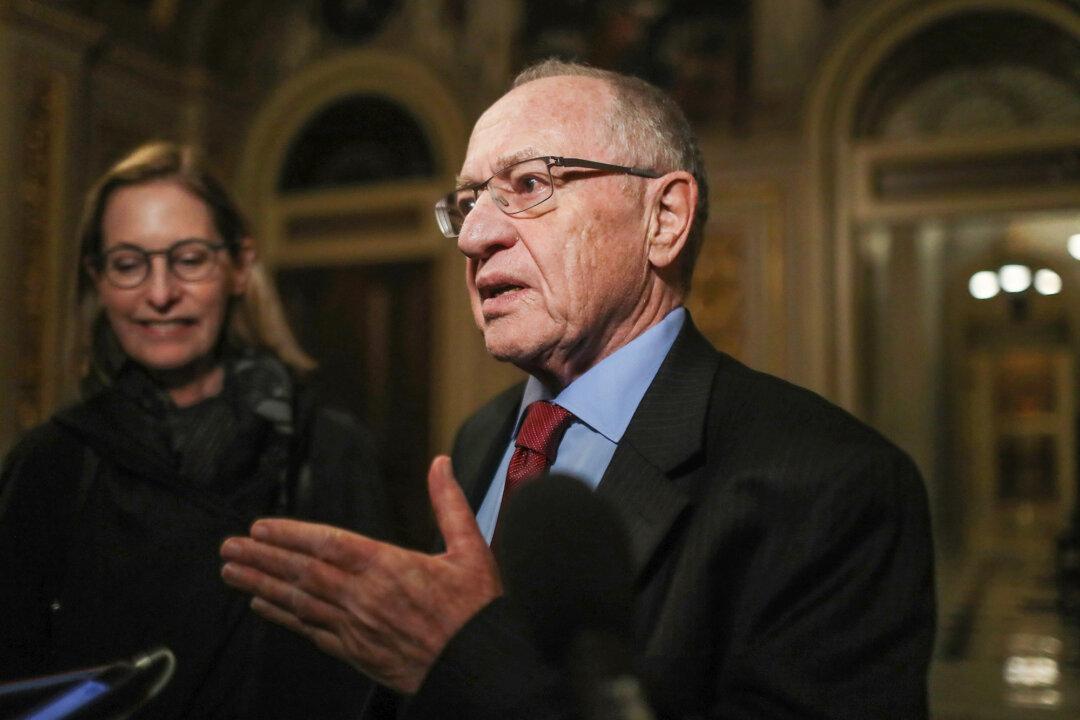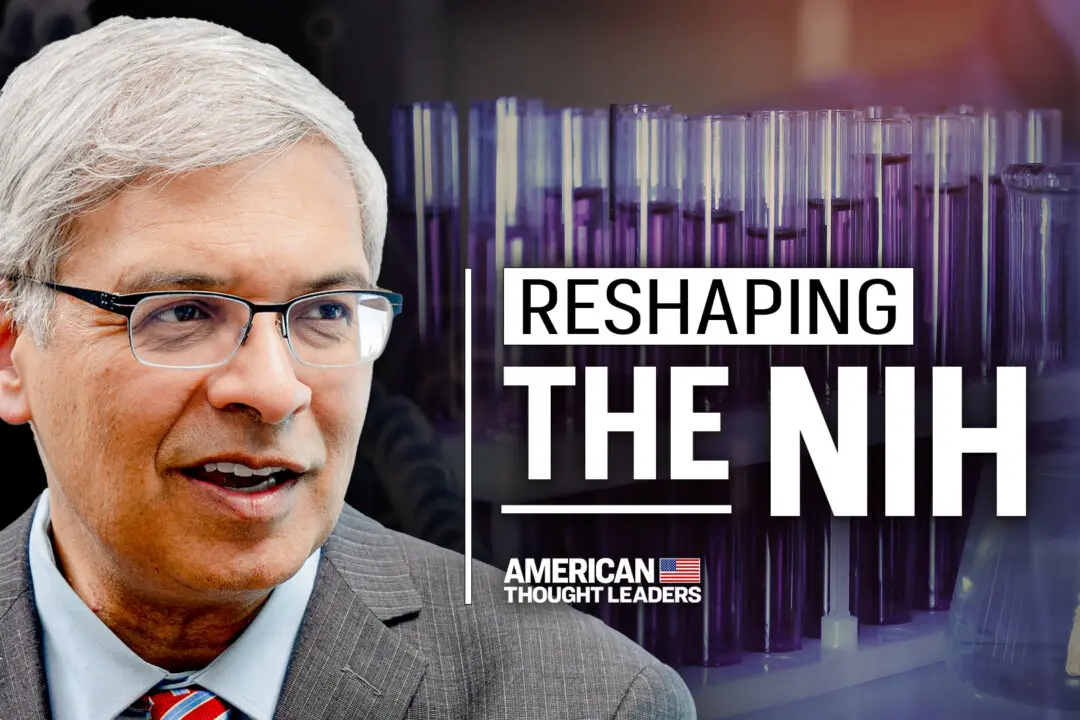“Justice Thurgood Marshall said the First Amendment has two sides: the right to speak and the right to hear,” says Alan Dershowitz, professor emeritus at Harvard Law School, “and the right to hear is just as important as the right to speak.”
In a recent episode of “American Thought Leaders,” host Jan Jekielek and Dershowitz discuss the cases being litigated against former President Donald Trump, his legal vulnerabilities, and the broader assault on civil liberties. Dershowitz is the author of a new book, “Get Trump: The Threat to Civil Liberties, Due Process, and Our Constitutional Rule of Law.”






